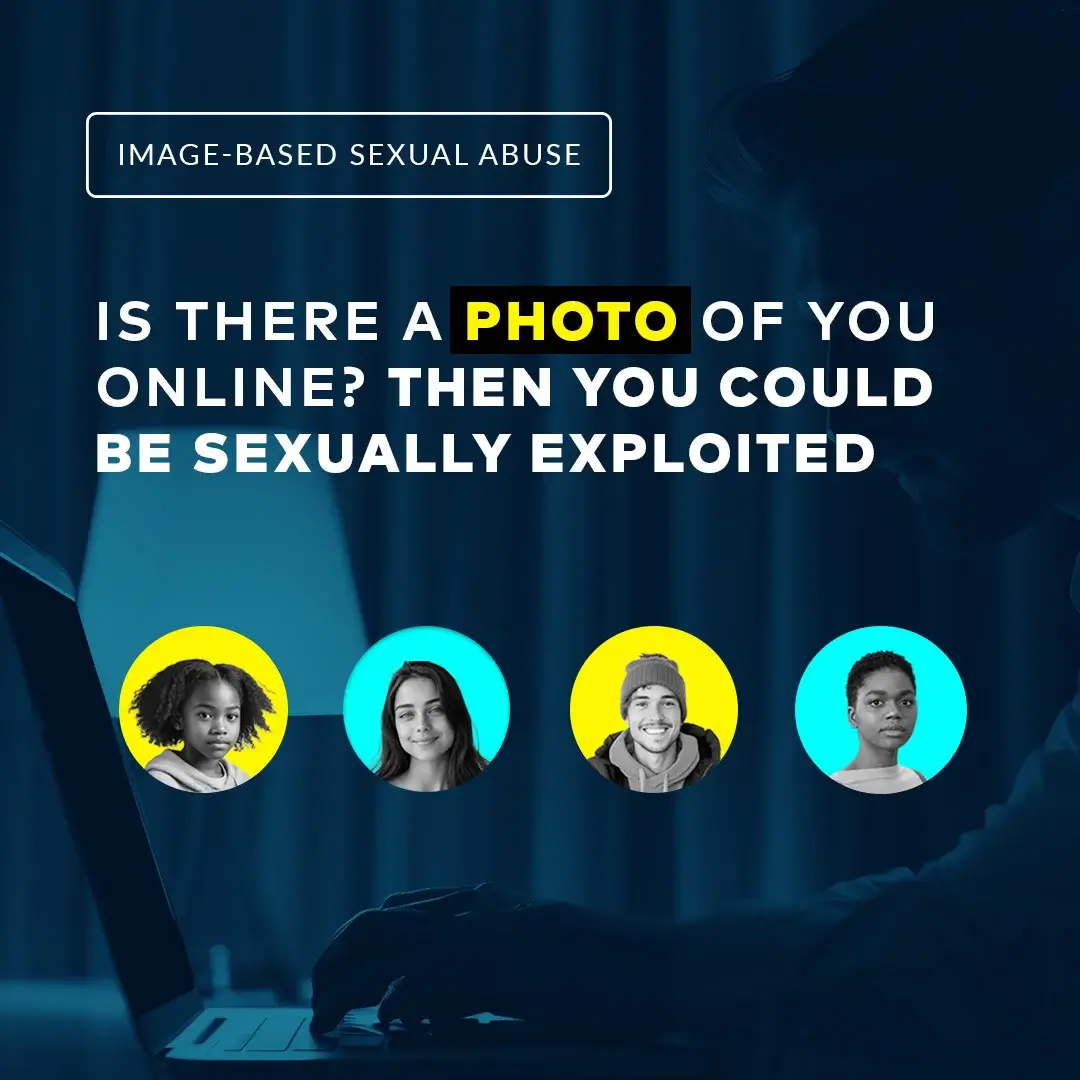Marcia Lieberman was a long-time local coordinator for Amnesty International. For 38 years, she had been a loyal active member of Amnesty International. Then, with the flick of a pen, the board of directors expelled her.
Lieberman’s expulsion followed from a protracted fight against Amnesty International’s adoption of a new policy expressing official support for full decriminalization of prostitution. In an article for the journal Dignity, Lieberman describes the events surrounding the passage of the new policy, and the pushback against it.
In a near Orwellian manner, Amnesty International’s leadership appears to have actively suppressed attempts by local coordinators to amend or overturn the new policy, while promoting “sex worker activists” to speak at local conferences.
Members were then notified via memo that, while not required to agree with the new policy, they “are obligated to not convey a different message in the public arena”. Lieberman, frustrated over the events taking place, took her story to The New York Times. The eventual result was revocation of her membership to the organization.
Amnesty International holds freedom of expression as a central tenet of their organization. The organization fights for free speech as a basic human right. Yet, in a grand display of hypocrisy, the leadership of the organization fiercely fought outspoken opposition to this policy change.
Full decriminalization of prostitution is a dangerous proposition. As Lieberman succinctly states, “Amnesty had merged the two very different aspects of the sex trade, seller and buyer, making no distinction between them”.
The full decriminalization of prostitution re-categorizes sex buyers and pimps as innocuous “customers” and “managers”–without regard for the harm they inherently inflict on prostituted persons. As noted in NCOSE’s booklet on the physical violence found in prostitution, “Without question, the vast majority of physical and sexual violence inflicted on those in the sex trade is perpetrated by those purchasing persons for sex—the sex buyers.”
Victims of the commercial sex industry are frequently subject to sexual violence and abuse. While full decriminalization may redefine deviant and criminal behavior, it is incapable of transforming pimps into caring individuals who have the best interests of prostituting persons at heart, or metamorphosing sex buyers into sensitive, thoughtful, and giving sexual partners.
Further, full decriminalization of prostitution has already been tried in New Zealand, with disastrous results. Feminist author Julie Bindel explained, “[In New Zealand] you have brothel owners who are every bit as abusive now that they’re called managers as when they were called pimps, and the form that you have to fill in to acquire a license for a brothel in New Zealand is exactly half the length, at three pages, as the form we have to fill in in my country to adopt a stray dog or cat.”
Due to its harmful endorsement of full decriminalization of prostitution, Amnesty International has lost not only the support of Marcia Lieberman, but also the support of countless women’s rights groups that recognize prostitution is not a job, it’s sexual exploitation.
In 2017, Amnesty International earned a spot on our Dirty Dozen List for its support of full decriminalization. To learn more about this issue, you can also listen to our podcast episode: Why Does Amnesty International Want to Decriminalize Prostitution?
You can also watch the below presentation, given at NCOSE’s “Freedom for Sexploitation Agenda” event in the U.S. Capitol, which addresses the harms of the full decriminalization of prostitution.



